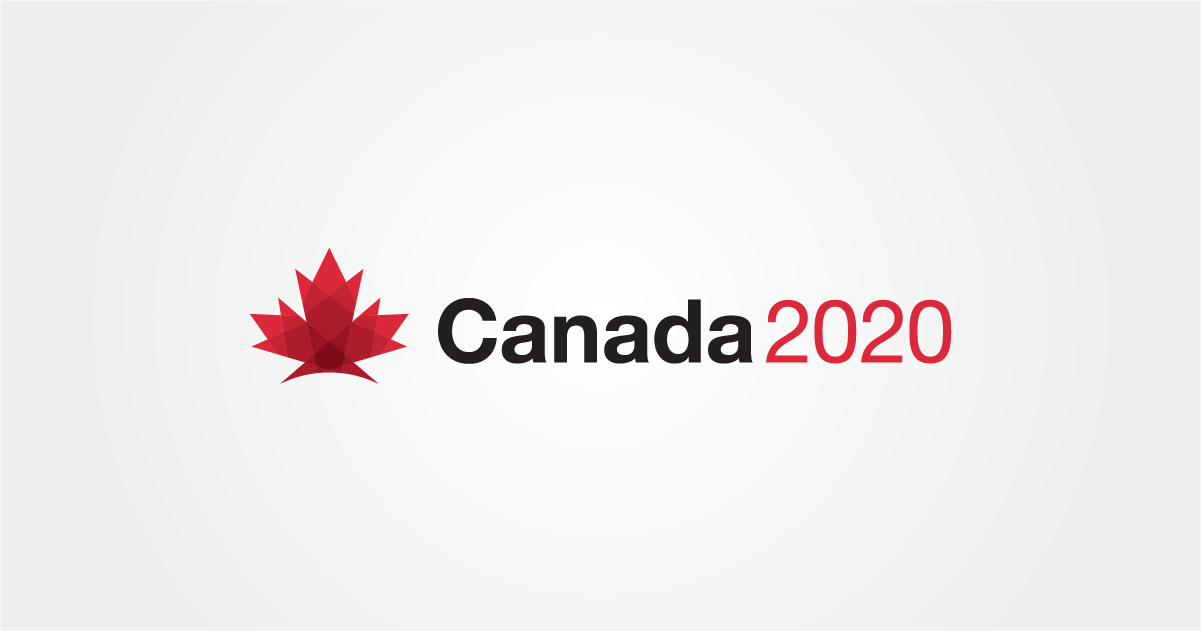I don’t generally wish to send traffic to
The Telegraph’s competitors, but if you can bear it, I urge you to have a look at
The Times’s interview last weekend with
Sir Tony Blair. Then contrast his approach to politics with the
sadly departed Frank Field’s. Two Labour Party figures, two Christians – and yet how different their worldviews.
Frank Field came from a Christian socialist tradition that has almost died out in the Labour Party – more’s the pity, as it was the source of most of what is good in that party’s philosophy. Field wrote in his final book last year of Michael Oakeshott’s “emphasis on the danger of rationalism in politics”, of
the need to recognise the limits inherent in human nature, the importance of “a sense of self-interested altruism”.
Blair runs a global governance organisation. Not surprisingly,
his philosophy is quite different – and we must take it seriously given his obvious influence on Keir Starmer. He sees government in entirely instrumental terms. “The problem with countries that aren’t democracies is they’re fine if you happen to have really smart people running them, but if you don’t, there’s a problem.” Here, competence is the only test for good government:
the important thing is not the system, but having “smart” people in charge.
Look around the world, though, and neither democracies nor authoritarian states seem to be particularly good at giving political power to smart or competent people. The system doesn’t select for that. The odd exception, like Singapore or maybe the UAE, about both of which Blair speaks approvingly, doesn’t disprove the general point.
But in any case,
competence and smartness are not the most valuable qualities for leadership. Able and intelligent people can become prey to intellectual fads just as easily as anyone else – maybe more so – and take the most terrible decisions. Consider the poll tax, the Exchange Rate Mechanism,
net zero, or the
Covid lockdowns, if you doubt me.
Blair seems blind to this. Indeed he goes on to claim that
“politics works when policy comes first and politics comes second. When you ask what’s the right answer to a problem and then you shape the politics around that.”
He isn’t, of course, unique in thinking this.
This centrist dad worldview, the idea that men and women of good will from all parties can get together and find the indisputably right answer to our difficulties, is widely shared across the so-called centre ground of politics, from the Blairite Left to the supposedly “One Nation” Right.
It’s still wrong. There aren’t unambiguous “right answers” to problems in politics. Everything depends on the value system you bring to them.
Suppose you are trying to reform the benefits system, as Frank Field spent much of his life trying to do. If your priority is to encourage work, aspiration, and individual freedom, then you will arrive at one set of solutions. You’ll come to quite different ones if your primary aim is to reduce inequality and make sure absolutely no one can slip through the net.
Or: if democracy, national cohesion, and immigration control are your top priorities, then you probably supported leaving the EU. If you favour diversity, migration, and being part of a bigger power bloc, then you probably didn’t. It depends what you think is more important. The value system, the politics, comes first.
This is why
competent administration, the capable managerialism that so many seem to wish for, simply isn’t enough on its own. In the end, however well done, it must fail.
It’s no good being good at doing things if you don’t know why you want to do them. There has to be a value system that visibly drives actions.
And you have to win the arguments in public for that value system.
That’s how to bring people with you. If instead you take the view that there are self-evidently “right” policies supported by all sensible people, and then reduce politics to the task of shaping public opinion so it supports them, that squeezes out political choice and turns politics into a technocracy. Blair says the country has had too much politics: I say it hasn’t had enough.
Yet that isn’t even the worst consequence of this way of thinking. It’s: where do you stop? If you think every problem can be solved by clever people, then why not try to solve every problem?
But there will never be an end to problems – which means there is no limit in principle to what the government can do. The only constraint is a practical one, and AI, digital currencies, restrictions on speech, or China’s emerging social credit system show that the limits to social control are weakening all the time.
So that’s the politics I fear if Labour wins the election: that of the moral improvers, the politicians who think they know best, and will not give up trying to make us live as they think we should. Give me the Frank Field’s any day. I’d much rather be governed by normal capable human beings who may have flaws but who understand human nature, than by relentless high-achieving busybodies with noble goals. Those people will never leave us alone until they have achieved perfection – and they never will.








